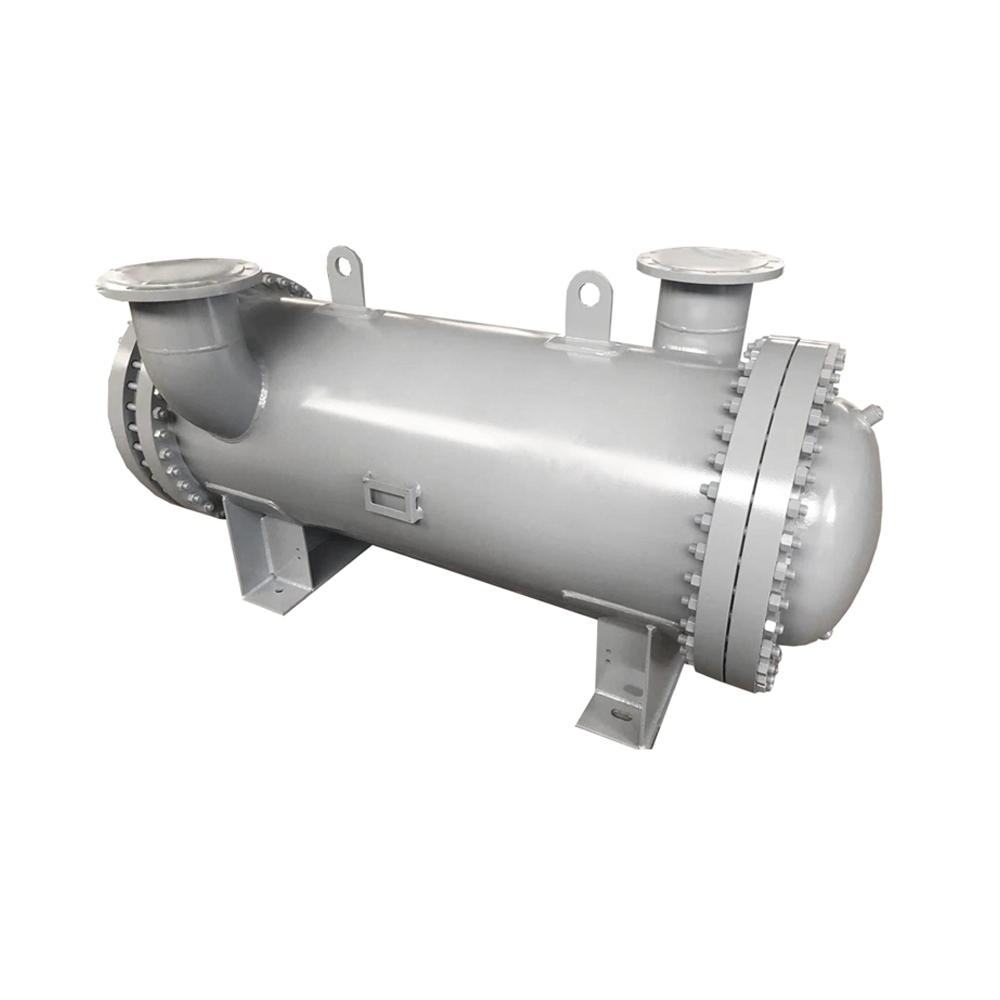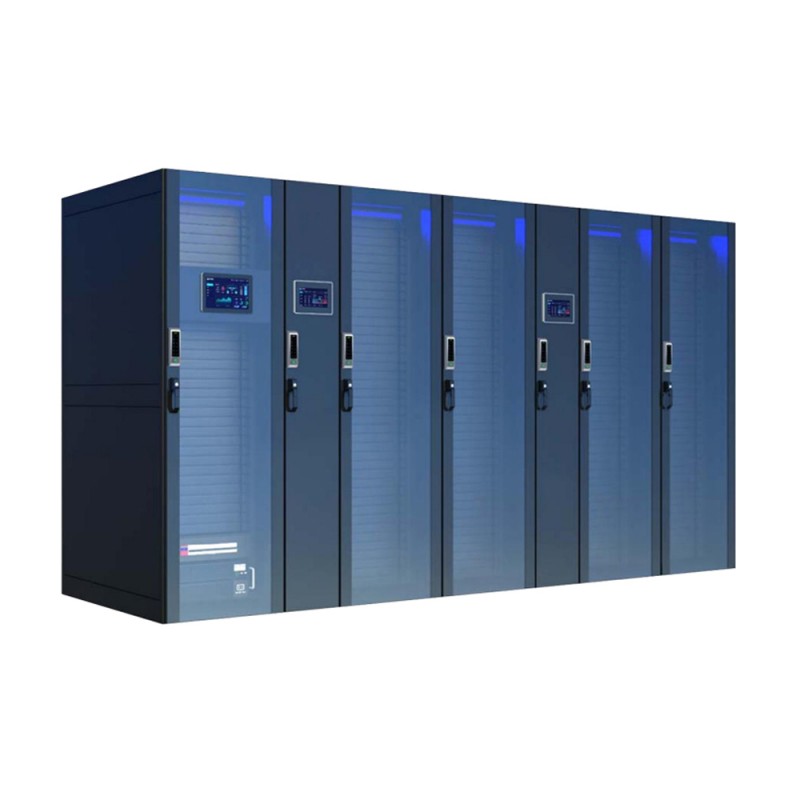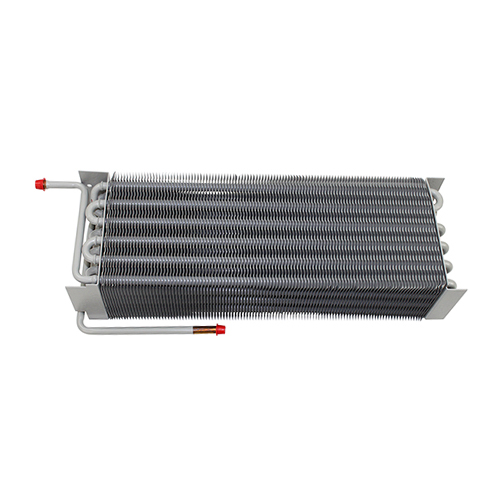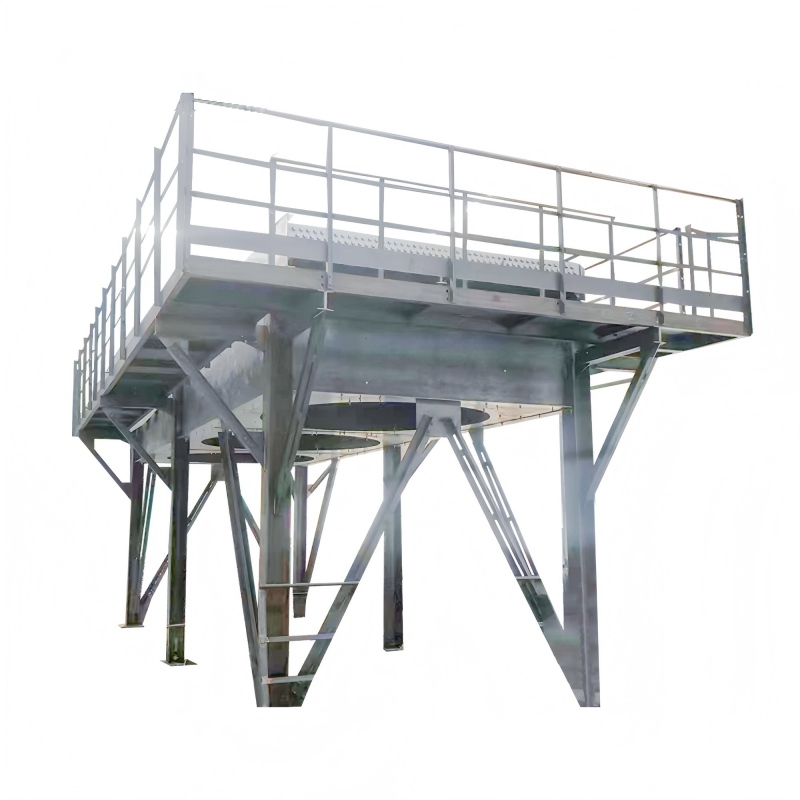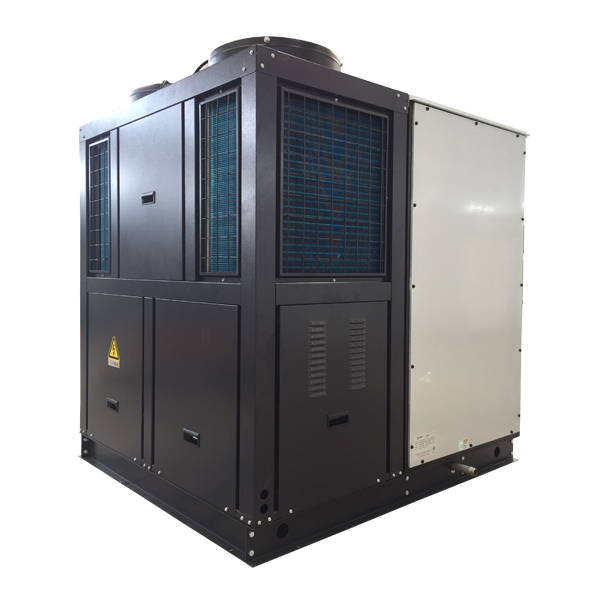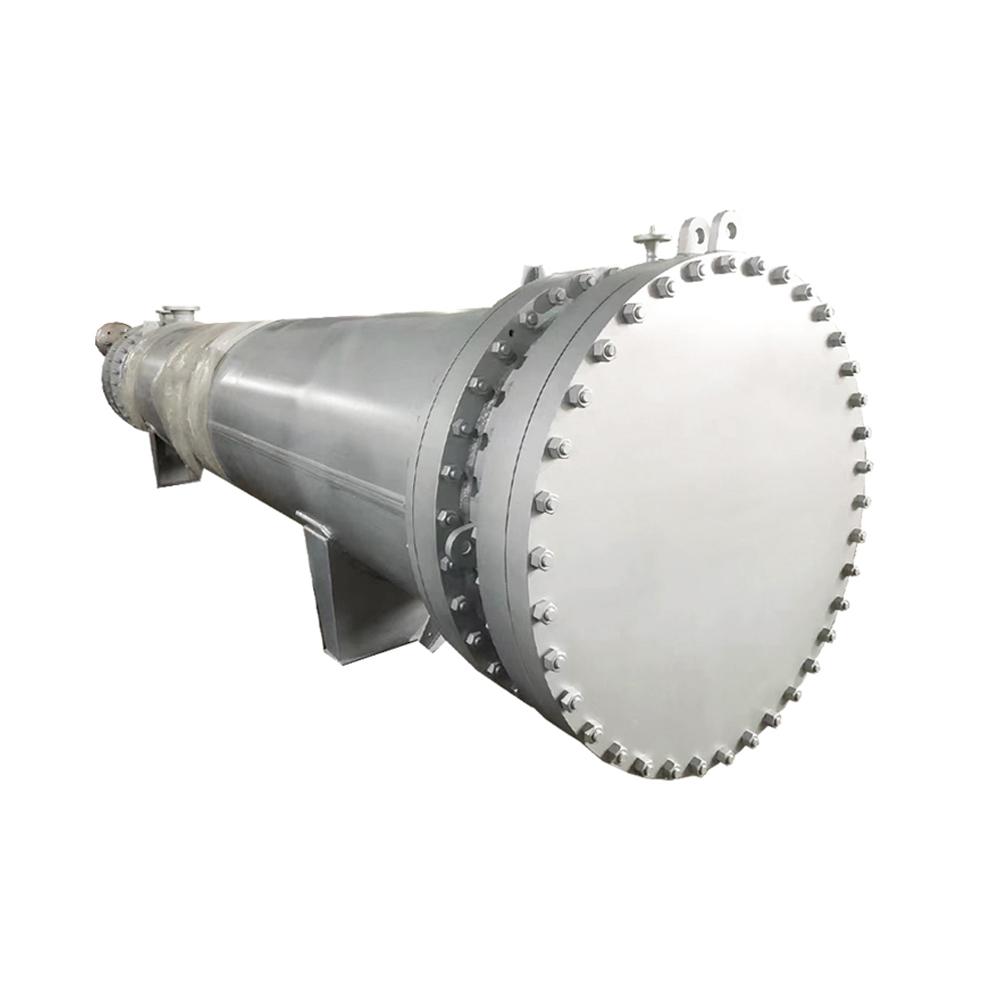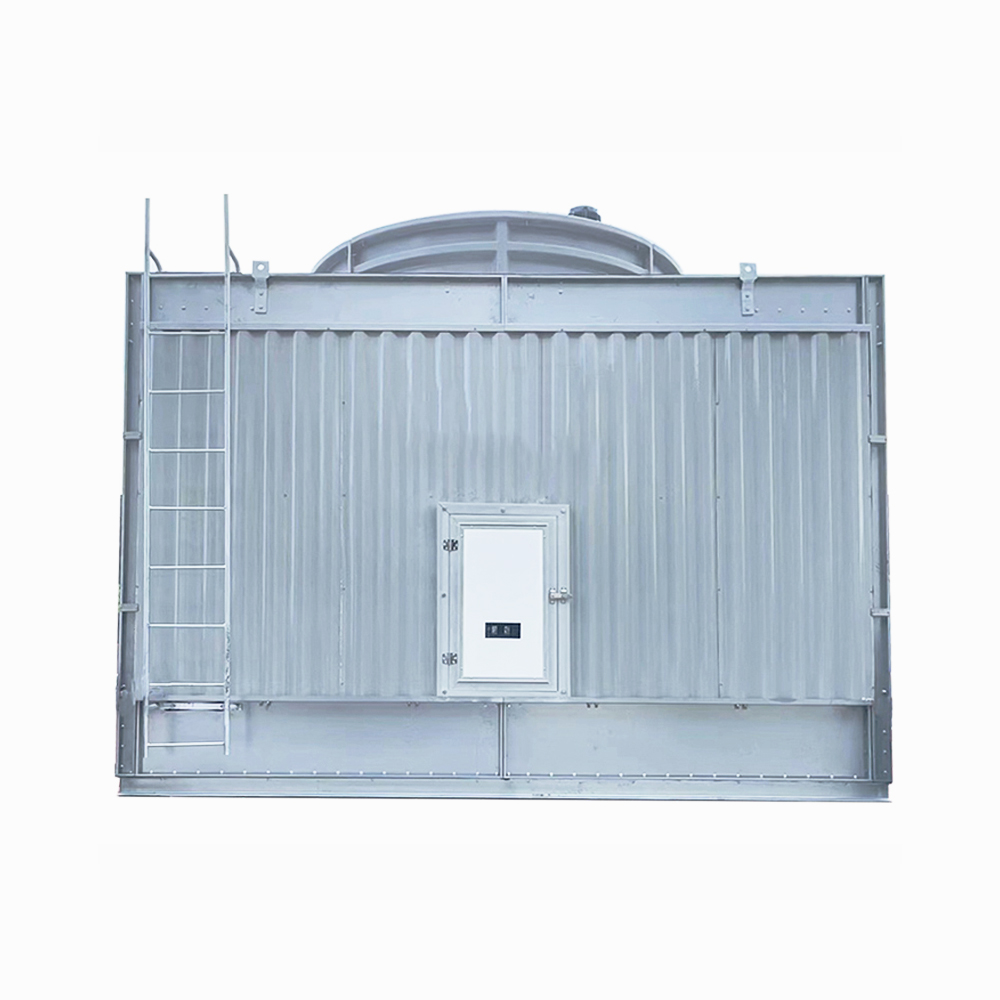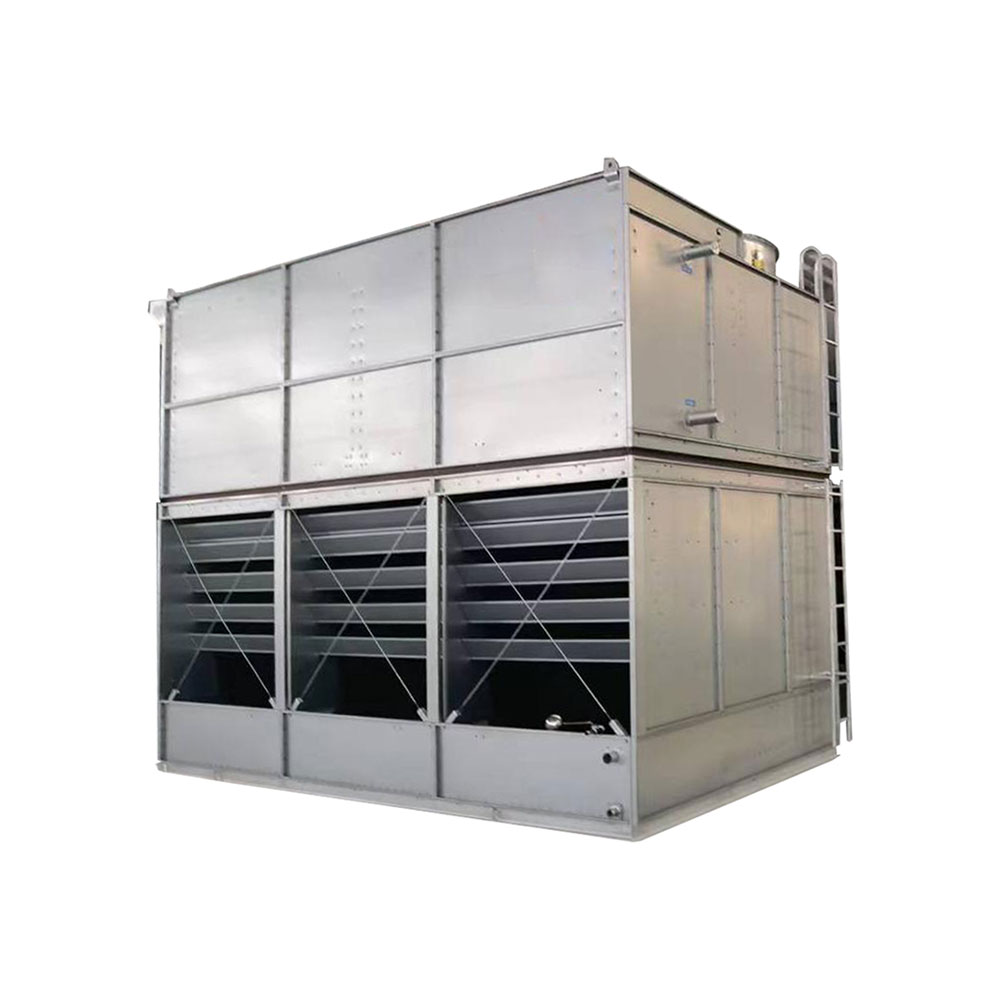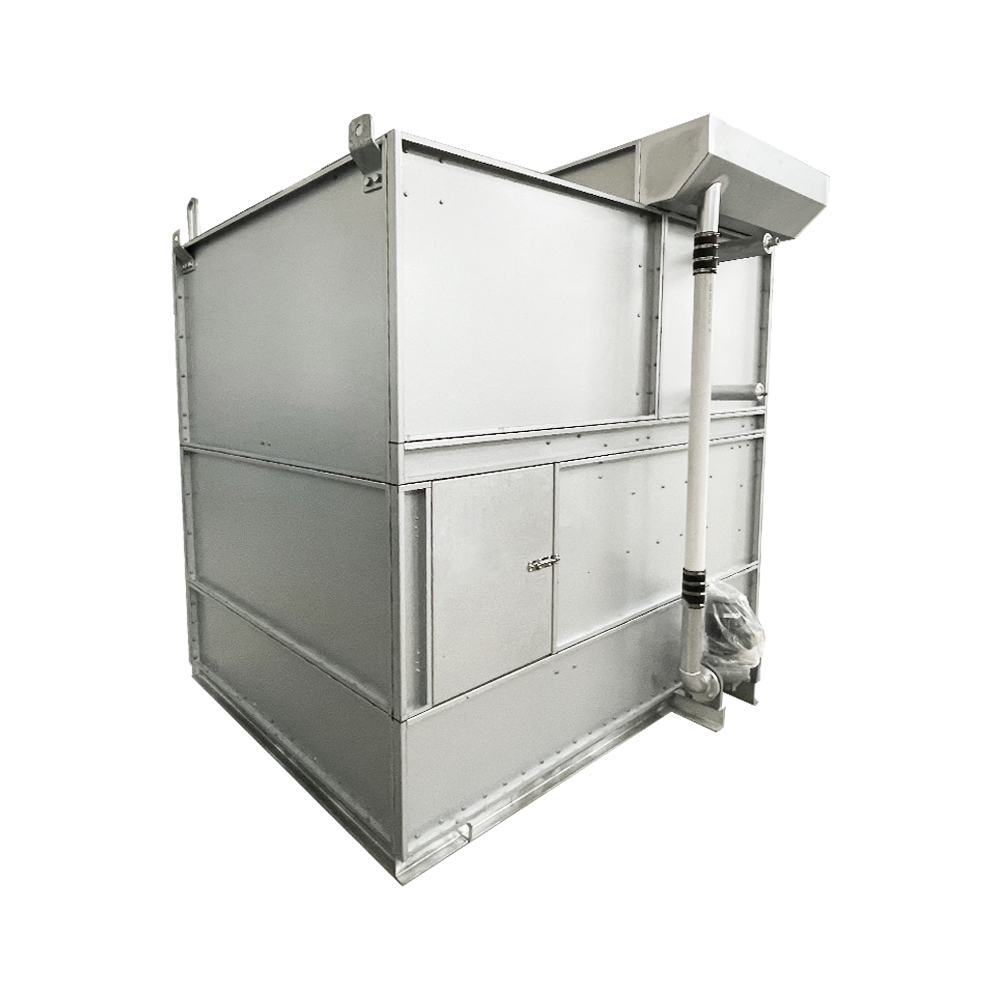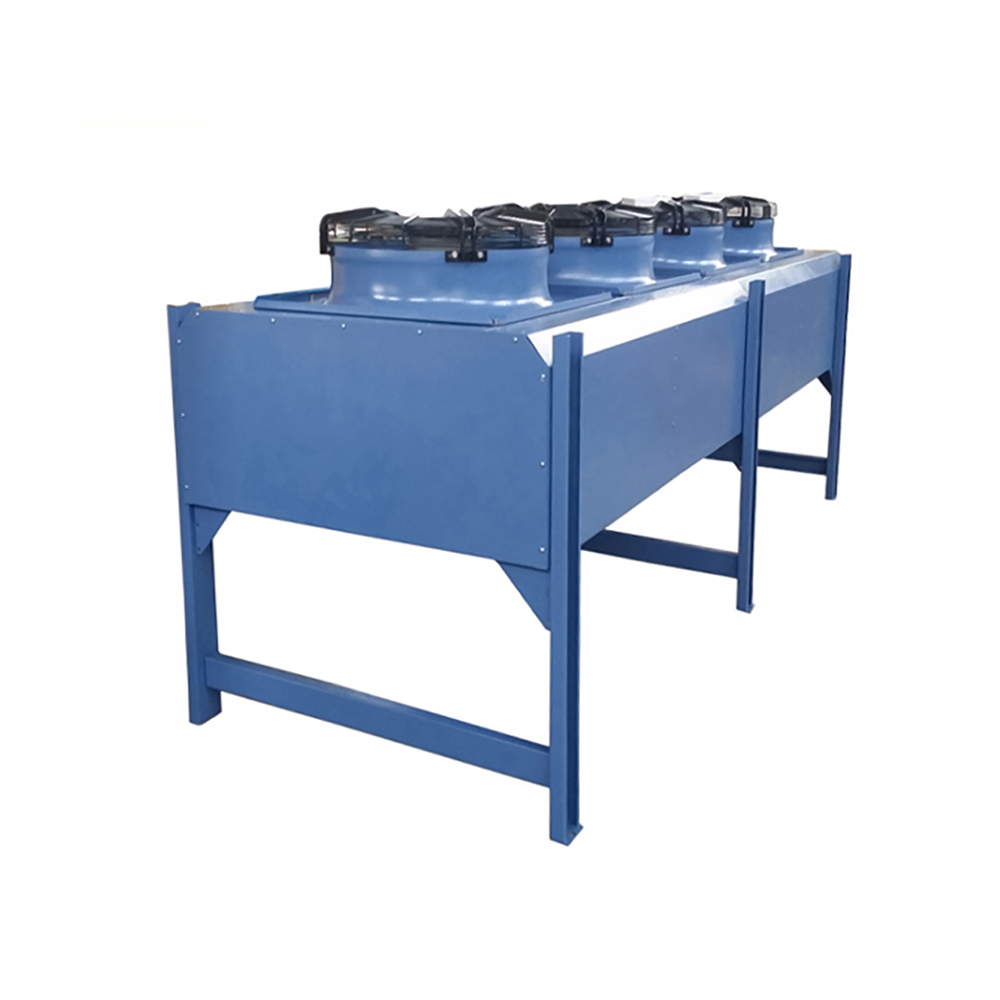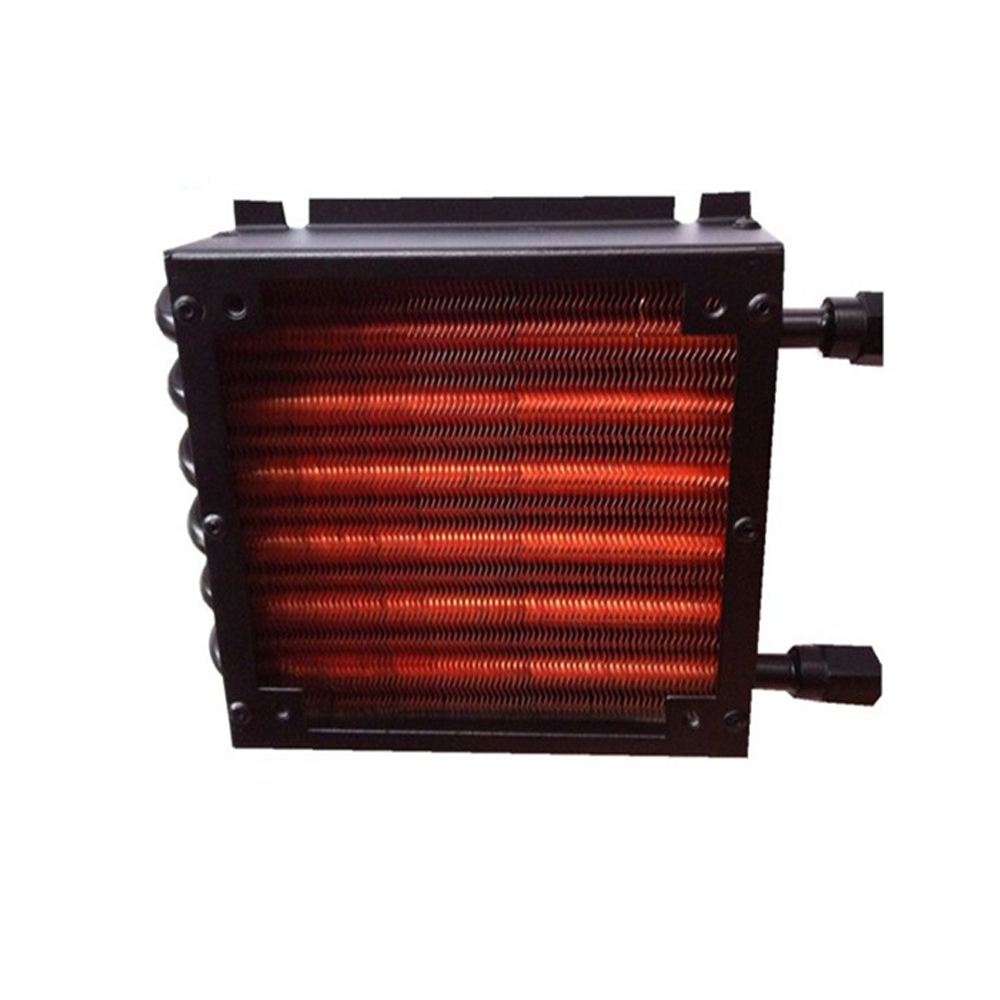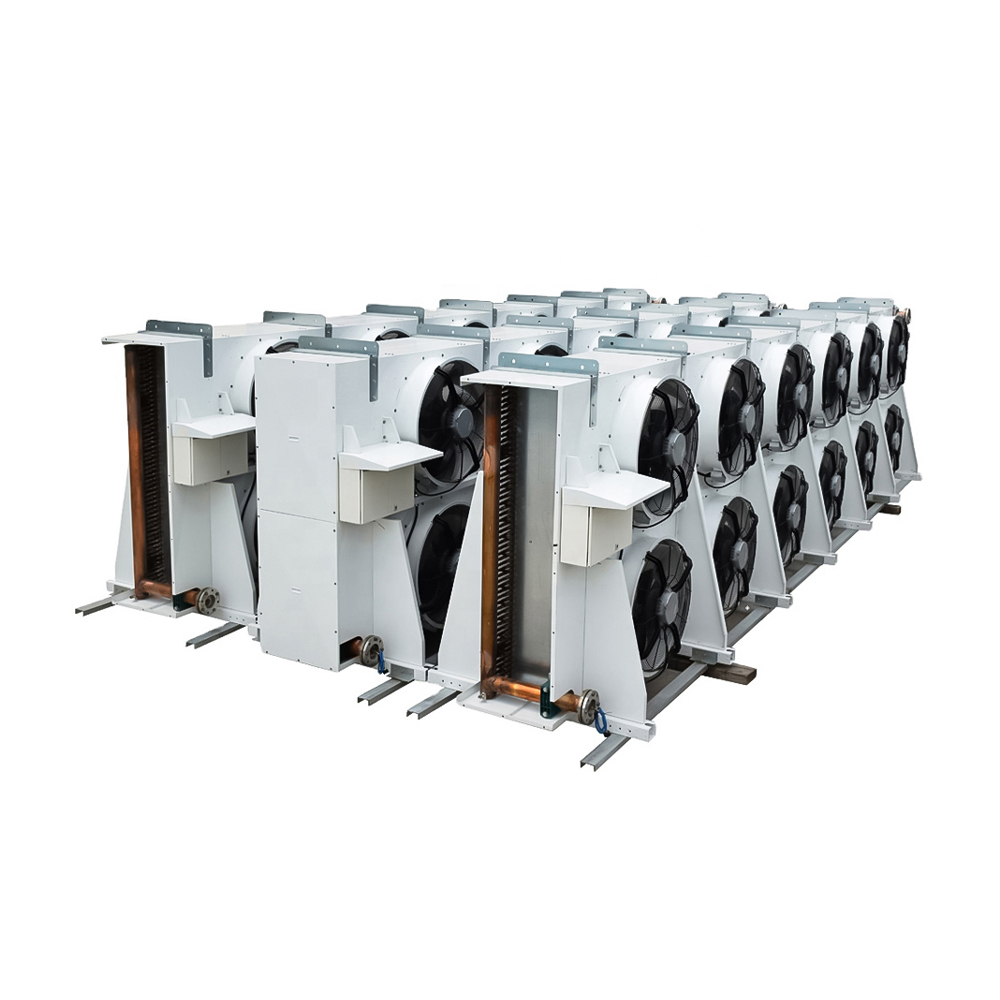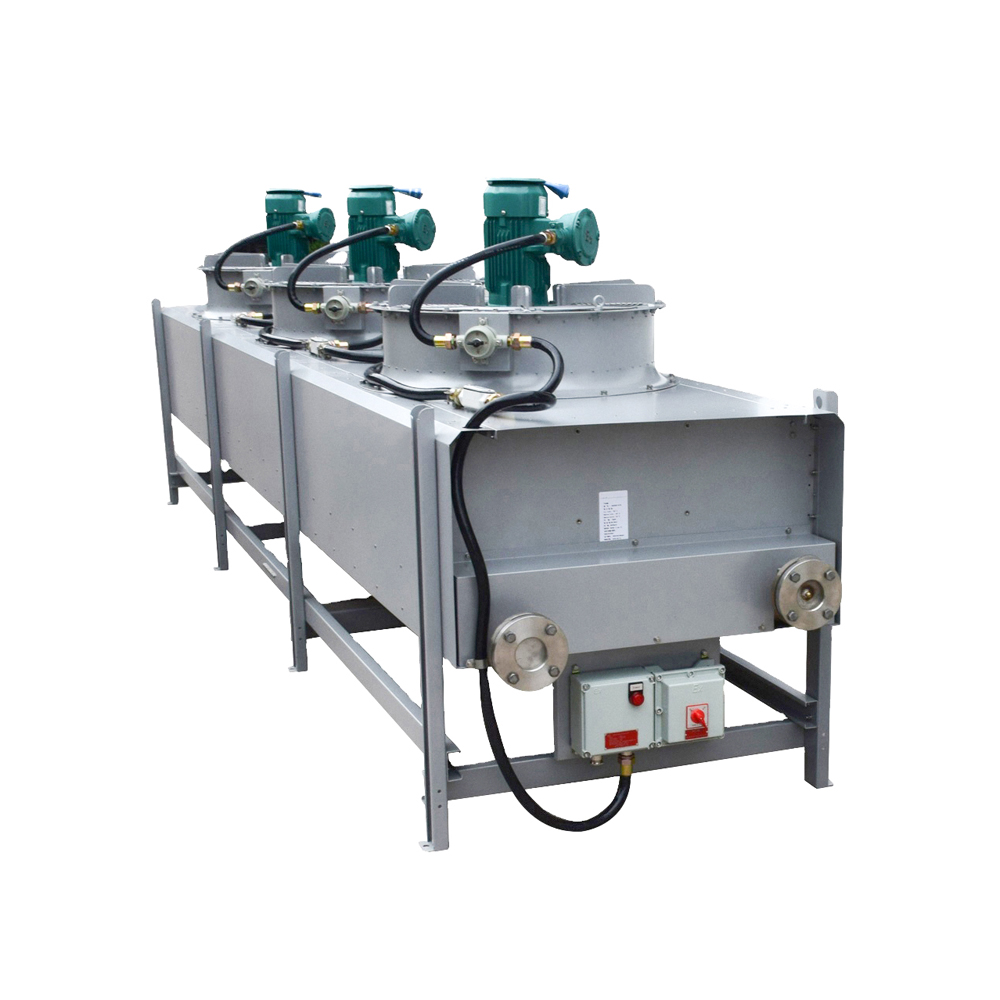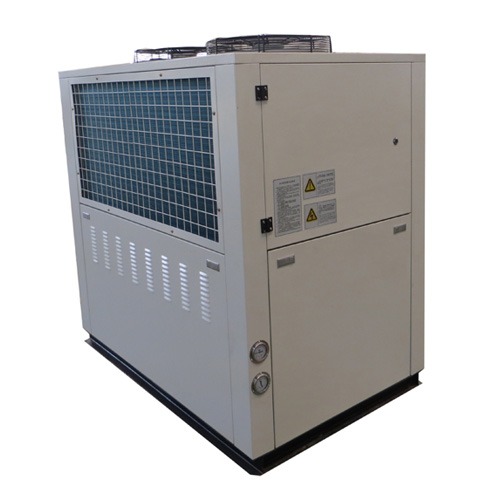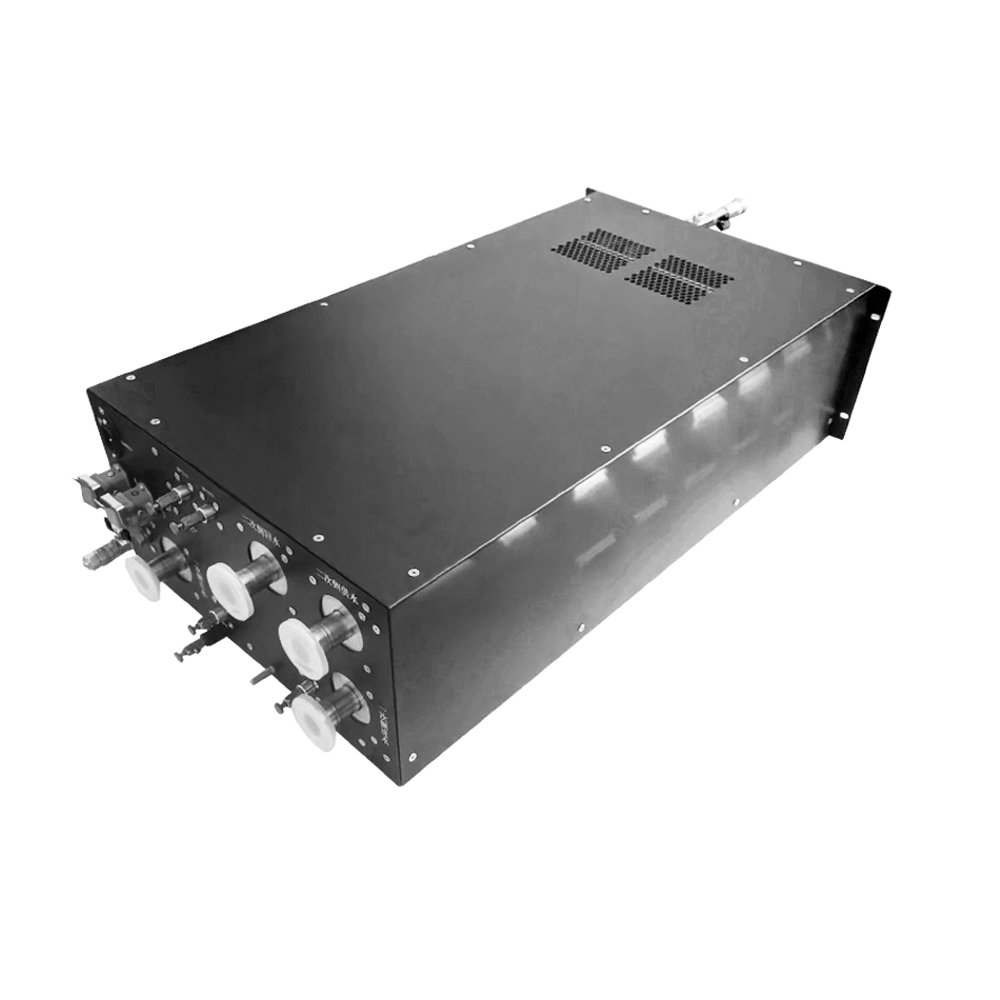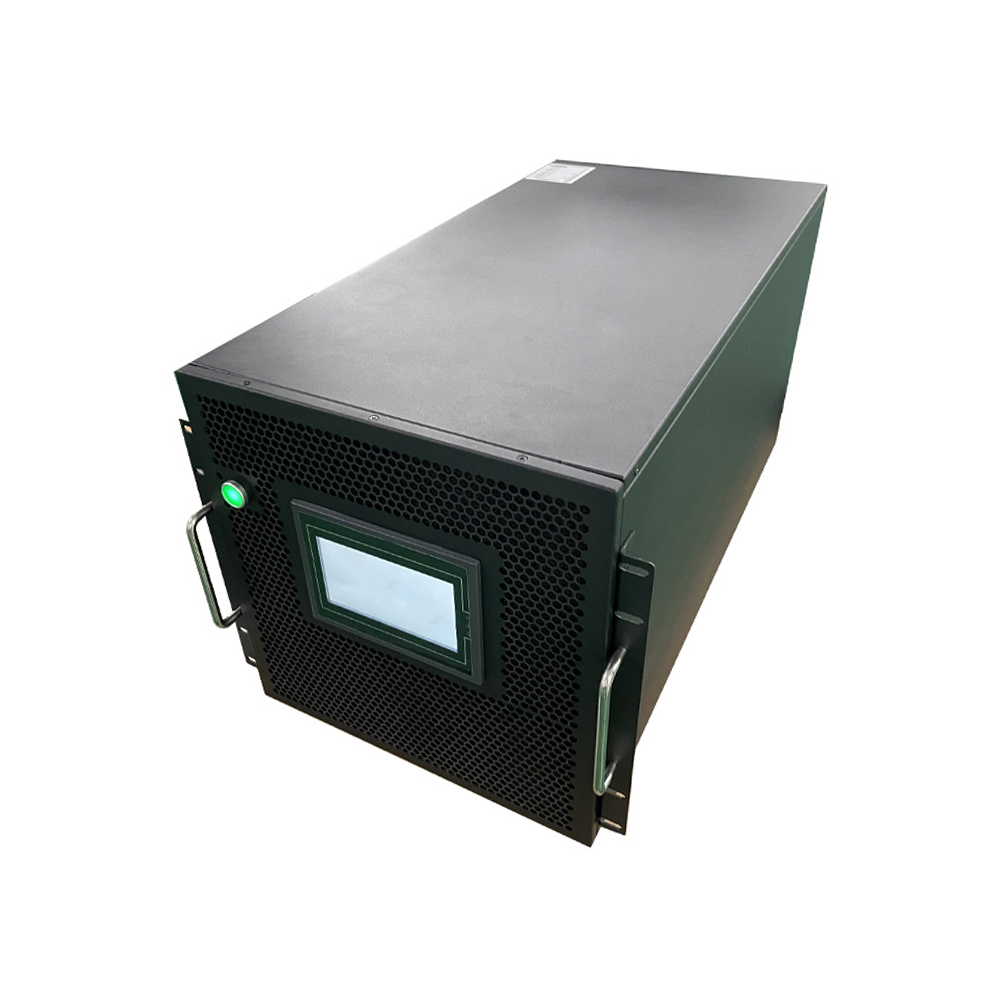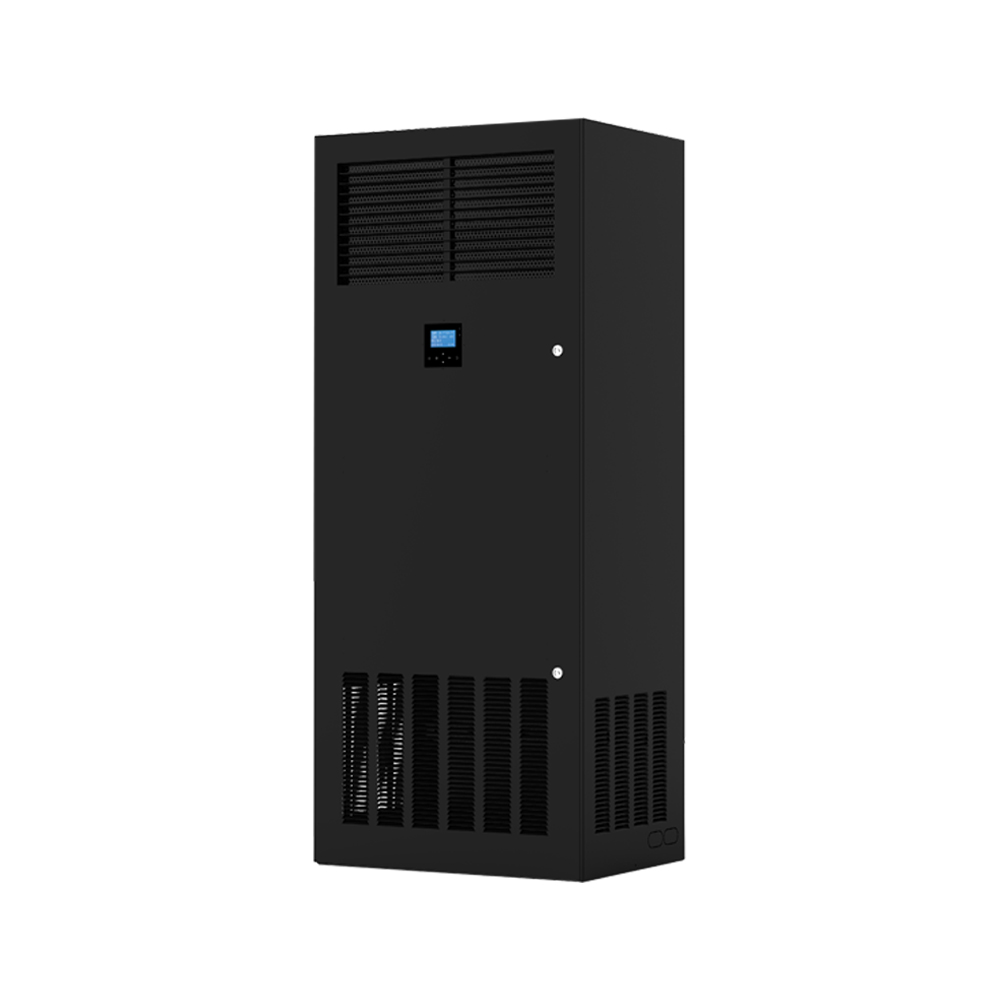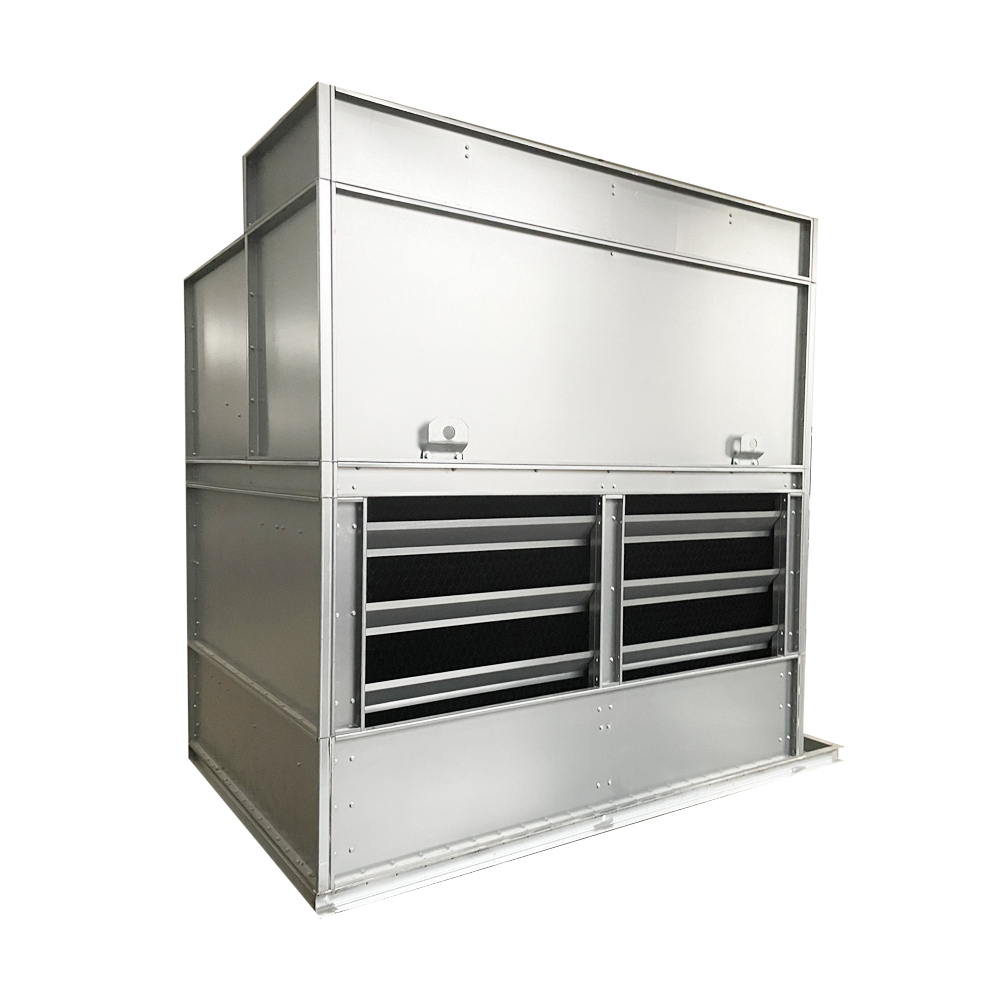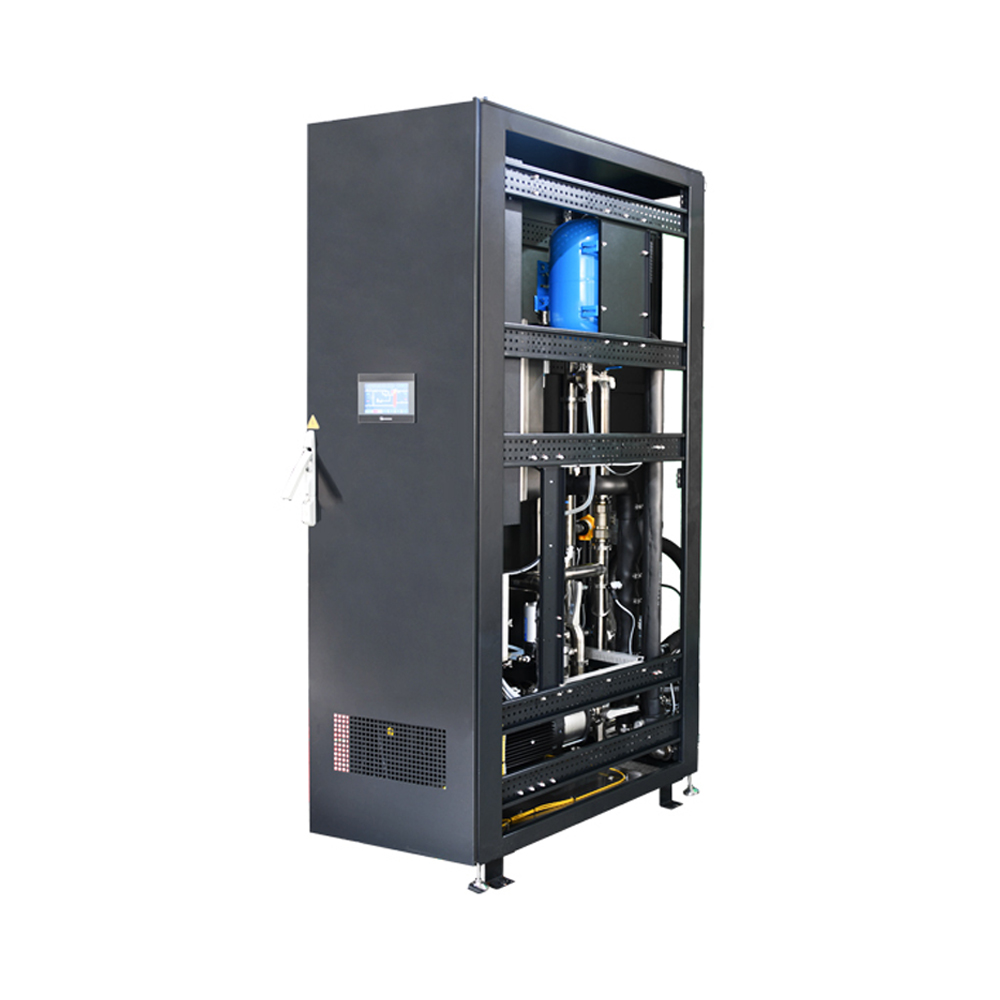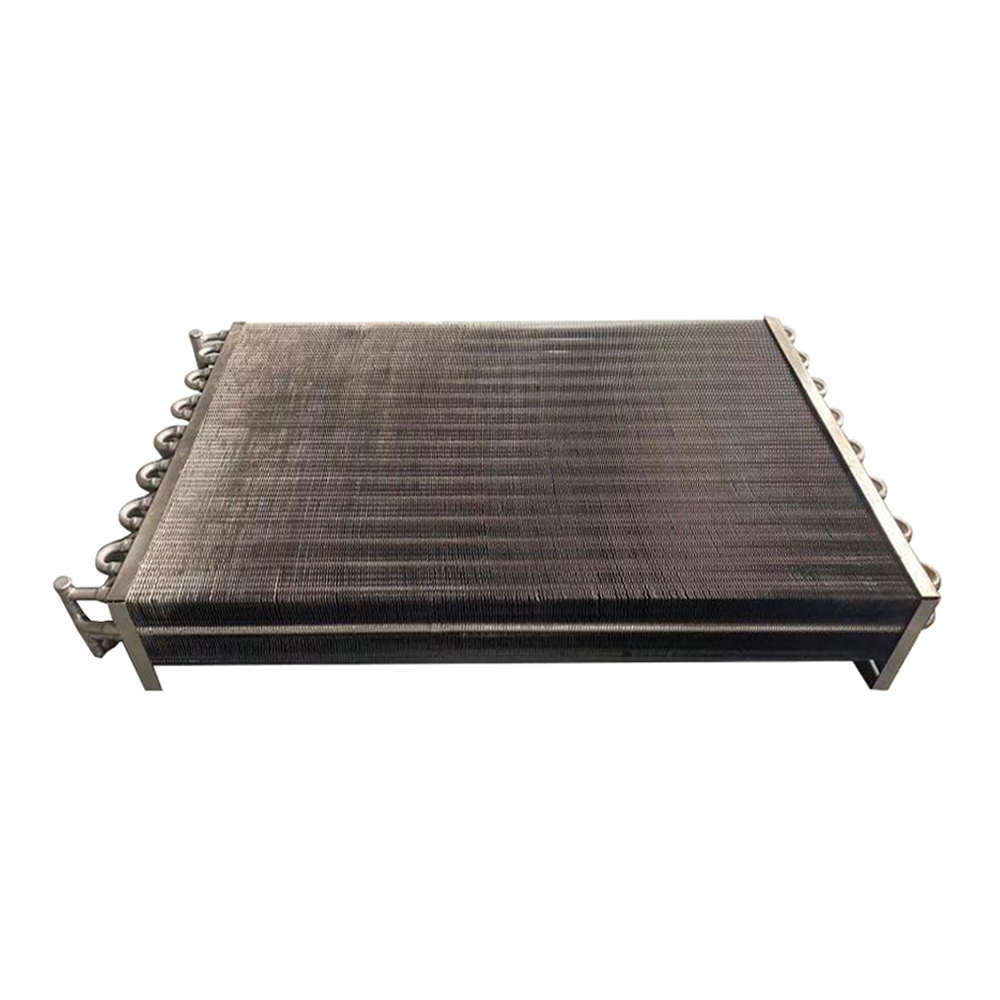OEM Water Cooling Tower: A Comprehensive GuideChoosing the Right OEM water cooling tower for your needs can be a complex process. This guide provides a detailed overview of OEM water cooling towers, covering key factors to consider, types available, and best practices for selection and maintenance.
Understanding OEM Water Cooling Towers
What is an OEM Water Cooling Tower?
An
OEM water cooling tower refers to a cooling tower manufactured by an Original Equipment Manufacturer (OEM) and supplied to another company for integration into their larger systems or products. These towers are not typically sold directly to end-users but rather serve as components within larger industrial or commercial applications. This differs from a direct-to-consumer cooling tower purchase. The quality and specifications of the
OEM water cooling tower are crucial for the overall performance and reliability of the final product.
Types of OEM Water Cooling Towers
Several types of
OEM water cooling towers are available, each with unique characteristics suitable for specific applications. These include: Induced Draft Cooling Towers: Air is drawn through the tower by a fan located at the top. Forced Draft Cooling Towers: Air is forced through the tower by a fan located at the bottom. Counterflow Cooling Towers: Water and air flow in opposite directions, maximizing heat transfer efficiency. Crossflow Cooling Towers: Water and air flow perpendicularly to each other, offering a compact design.The choice of cooling tower type depends heavily on factors like available space, budget, and the specific cooling requirements of the application.
Factors to Consider When Choosing an OEM Water Cooling Tower
Selecting the appropriate
OEM water cooling tower requires careful consideration of several key factors:
Cooling Capacity
The cooling capacity of the tower, measured in tons of refrigeration or kW, must be sufficient to meet the cooling demands of the system. Accurate assessment of the heat load is critical.
Water Quality
The quality of the water used in the cooling tower significantly impacts its performance and lifespan. Factors like hardness, pH, and the presence of contaminants need to be considered. Water treatment solutions may be required to prevent scaling and corrosion.
Material of Construction
OEM water cooling towers are commonly constructed from materials like fiberglass reinforced plastic (FRP), galvanized steel, or aluminum. The choice of material depends on factors like corrosion resistance, cost, and durability.
Environmental Considerations
Environmental regulations regarding water usage and emissions must be considered when selecting an
OEM water cooling tower. Energy efficiency and minimizing water consumption are increasingly important aspects. This includes adherence to local noise ordinances.
Maintenance and Optimization of OEM Water Cooling Towers
Regular maintenance is vital to ensure the optimal performance and longevity of your
OEM water cooling tower. This includes: Regular Cleaning: Removing debris and scale buildup from the fill media and basin. Inspection of Components: Checking for leaks, corrosion, and damage to the fan, motor, and other components. Water Treatment: Monitoring and adjusting water chemistry to prevent corrosion and scaling. Periodic Testing: Regularly testing the cooling tower’s performance to ensure it is meeting its design specifications.
| Maintenance Task | Frequency |
| Cleaning | Monthly or as needed |
| Inspection | Quarterly |
| Water Treatment | Weekly |
| Performance Testing | Annually |
Finding the Right OEM Water Cooling Tower Supplier
Finding a reliable
OEM water cooling tower supplier is crucial. Consider factors such as experience, reputation, and the ability to meet your specific requirements. For high-quality
OEM water cooling towers and excellent customer service, consider contacting
Shanghai SHENGLIN M&E Technology Co.,Ltd. They offer a wide range of solutions to suit diverse needs.Remember that proper planning and selection are key to ensuring the efficient and reliable operation of your
OEM water cooling tower system. Regular maintenance is also essential for maximizing the lifespan and performance of your investment.









